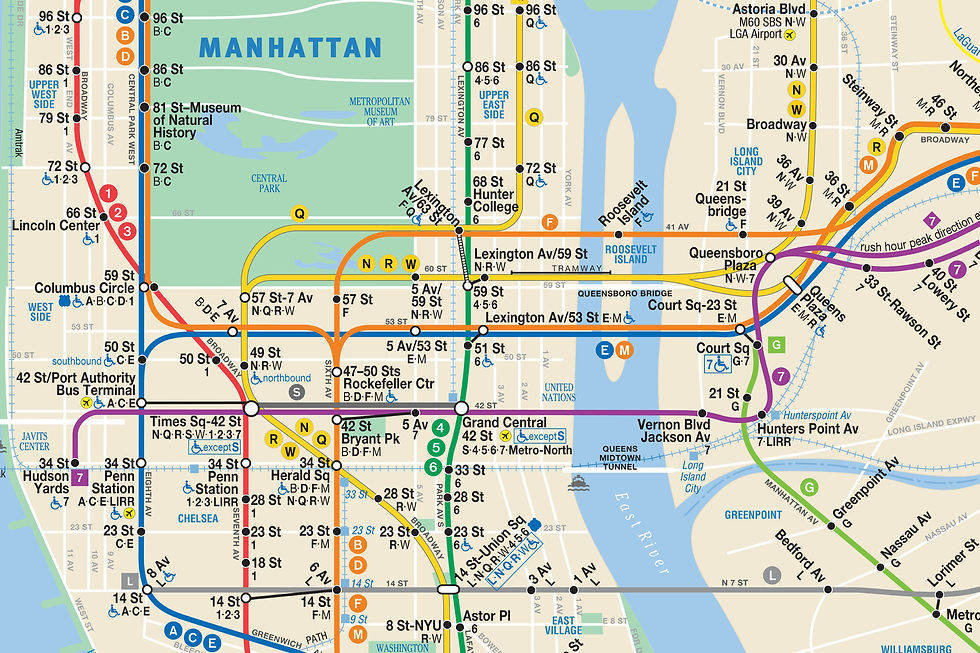Root Shock: The Consequences of African American Dispossession
- Mindy Fullilove
- Jun 18, 2021
- 1 min read
This paper presents Mindy Fullilove's concept of "root shock," based on the lifestory of David Jenkins and Mary Bishop's reporting on urban renewal in Roanoke, VA.
AUTHOR: Mindy Thompson Fullilove, MD.
PUBLISHED: Journal of Urban Health: Bulletin of the New York Academy of Medicine. 2001.

Crawford Grill, Hill District, Pittsburgh, 1945. Photo by Charlie Teenie Harris.
ABSTRACT
Urban renewal was one of several processes that contributed to deurbanization of American cities in the second half of the 20th century. Urban renewal was an important federal policy that affected thousands of communities in hundreds of cites. Urban renewal was to achieve "clearance" of "blight" and "slum" areas so that they could be rebuilt for new uses other than housing the poor. Urban renewal programs fell disproportionately on African American communities, leading to the slogan "Urban renewal is Negro renewal." The short-term consequences were dire, including loss of money, loss of social organization, and psychological trauma. The long-term consequences flow from the social paralysis of dispossession, most important, a collapse of political action. This has important implications for the well-being of African Americans. It also raises important questions about the strength and quality of American democracy.



Comments